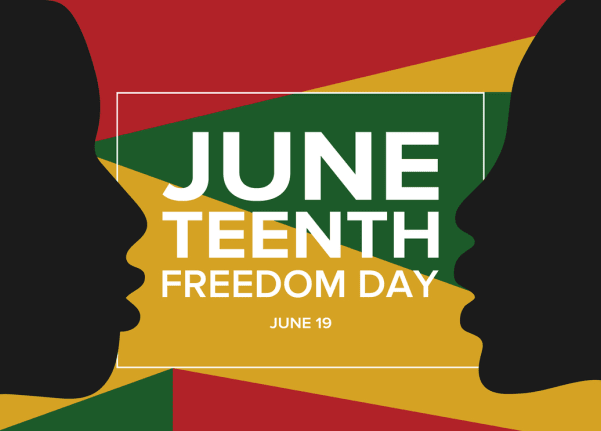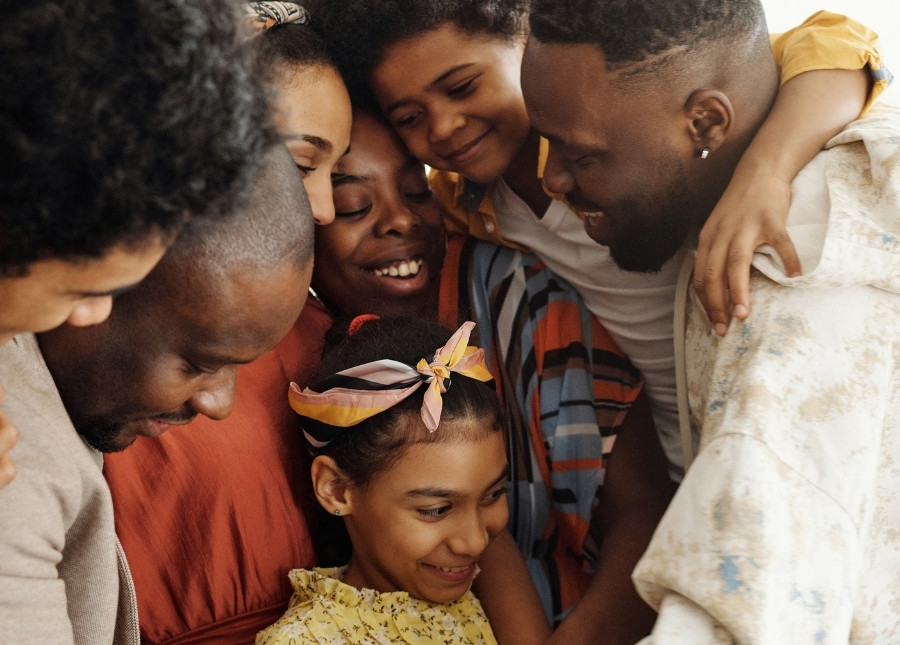“The people of Texas are informed that, in accordance with a proclamation from the Executive of the United States, all slaves are free.”
Those words, read by U.S. General Gordon Granger in Galveston, Texas more than two centuries ago, marked the beginning of the now federally recognized holiday of Juneteenth (short for June 19) and one of the longest running African American holidays. While Abraham Lincoln abolished slavery with the Emancipation Proclamation in 1863, enslaved individuals were not instantly freed, with many states continuing the abhorrent practice. In Texas, the practice continued unfettered with many slaveholders fleeing to the state as a “safe haven.” But when the Civil War ended, General Granger’s arrival in Galveston in June 1865 signaled freedom for the state’s 250,000 enslaved people. That December, slavery in America was formally abolished with the ratification of the 13th Amendment.
 Juneteenth marks a historical moment – one of celebration for the ending of a horrific practice – and is also a time for reflection. The lingering intergenerational trauma wrought by slavery is still felt today, and our country’s systems and institutions remain intricately linked with racist beliefs and policies that marginalize and oppress Black and African American individuals.
Juneteenth marks a historical moment – one of celebration for the ending of a horrific practice – and is also a time for reflection. The lingering intergenerational trauma wrought by slavery is still felt today, and our country’s systems and institutions remain intricately linked with racist beliefs and policies that marginalize and oppress Black and African American individuals.
This Juneteenth, we want to shine a light on the mental health of this community, and highlight how we can all help dismantle barriers to achieving mental well-being.
Challenges and barriers to mental health care
The historical experiences of Black and African American individuals in this country are marked with violence and trauma. The legacy of slavery and present-day structural, institutional, and individual racism have affected the emotional and mental health of this community in ways that white individuals have not experienced. Additionally, the Black and African American experience in this country is one that has led to mistrust and fear of institutions – such as the medical field – resulting in fewer members of this community seeking out mental health care when they need it.
This community also faces additional barriers to accessing quality mental health support, including:
- Socioeconomic disparities. Historical marginalization, oppression, and exclusion from economic, educational, and social opportunities have resulted in many Black and African American people experiencing socioeconomic disparities today. Socioeconomic status has been linked to mental health challenges, with people who experience homelessness, are incarcerated, or are impoverished being at a higher risk. Further, many people who are experiencing socioeconomic hardship are less likely to have health insurance and therefore access to quality mental health care.
- Stigma. Despite national progress on frank conversations around mental health, persistent negative beliefs and stereotypes still exist in the Black and African American community, making it difficult to get help. In fact, one study found that 63% of black people still believe that admitting to struggling with a mental health condition is a sign of personal weakness. As a result, people often feel shame for having a mental health condition and choose to not seek help for fear of being bullied or scorned.
- Lack of culturally competent care. People of color often feel more comfortable and safe speaking with medical professionals – including therapists – from their own community. Knowing that a therapist will better understand their experiences can make it easier for Black and African American individuals to seek out, and commit to, getting support. Unfortunately, the psychology workforce is predominantly white, which often makes it difficult for Black or African American individuals to find a therapist with whom they feel comfortable.
Overcoming challenges
This Juneteenth, as we celebrate and reflect on our country’s past, we encourage the Black and African American community to care for themselves and their mental health. While the challenges can be daunting, know that you’re not alone, and that high-quality support is available to you.
 Start by acknowledging the importance of your mental health to your family, loved ones, community, and most importantly, yourself. You matter, and you deserve support. Perhaps you can be the one to break a cycle of suffering in silence and be a role model for others in your life by talking openly about your mental health and seeking out professional help.
Start by acknowledging the importance of your mental health to your family, loved ones, community, and most importantly, yourself. You matter, and you deserve support. Perhaps you can be the one to break a cycle of suffering in silence and be a role model for others in your life by talking openly about your mental health and seeking out professional help.
Not sure where to start? At Sunstone, we have a client coordinator who can answer any questions you have – including the cultural competency of our counselors – to help you find the right therapist. We also have a team of highly trained counselors dedicated to supporting clients with race-based challenges or who need a therapist who will better understand their experience. Reach out to us today, and begin your journey to a brighter tomorrow.
